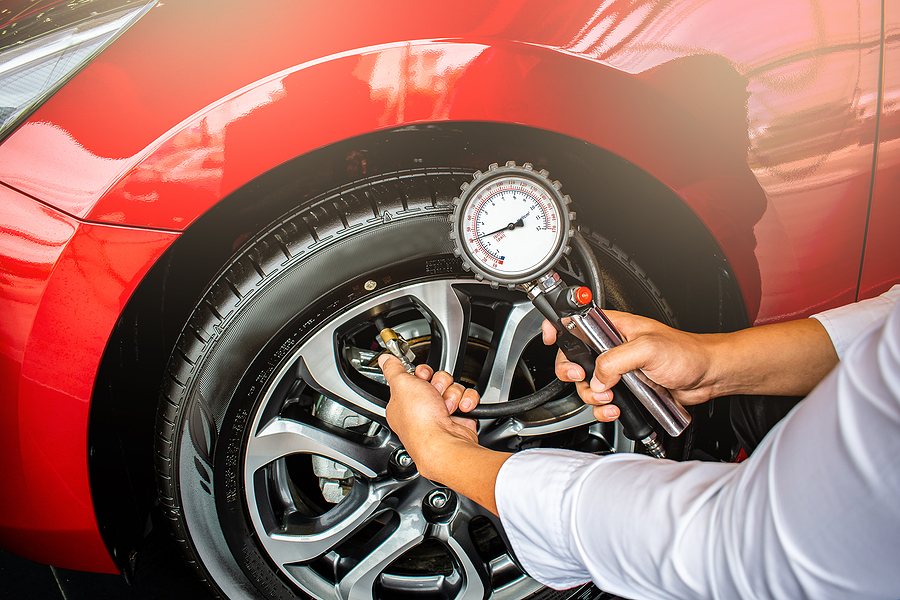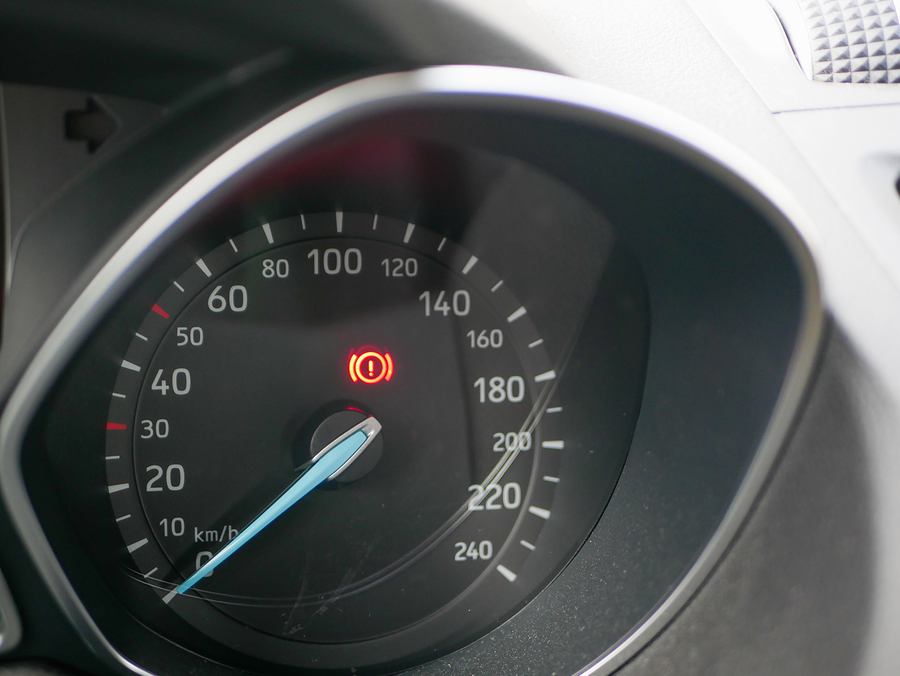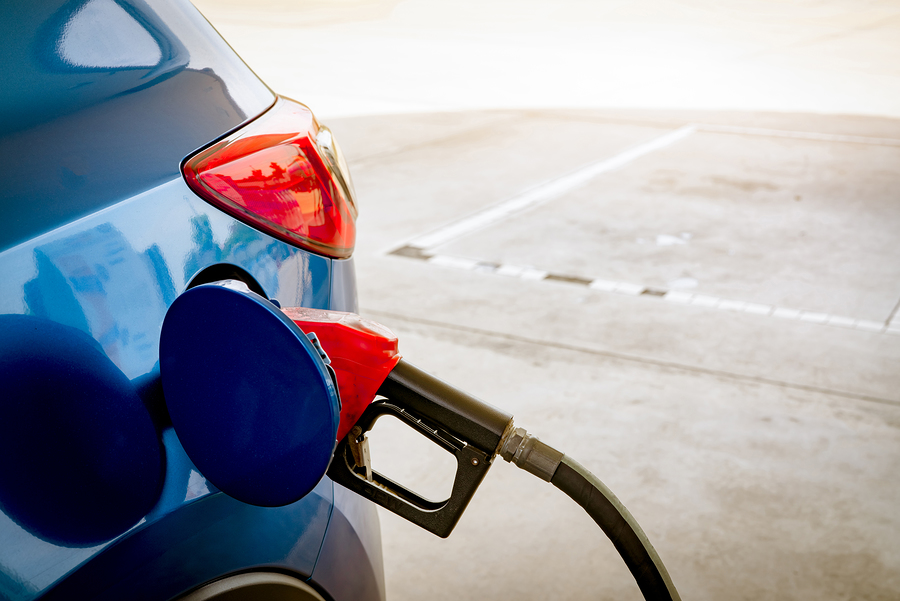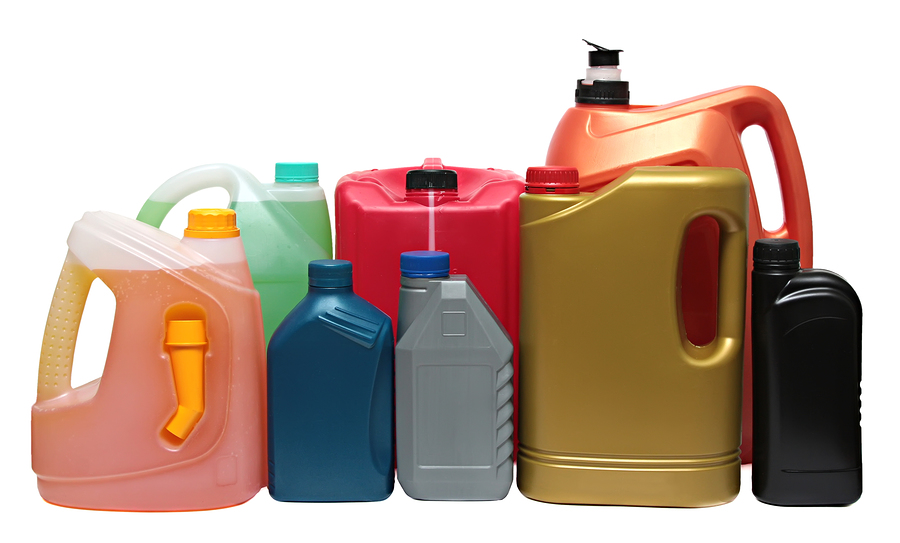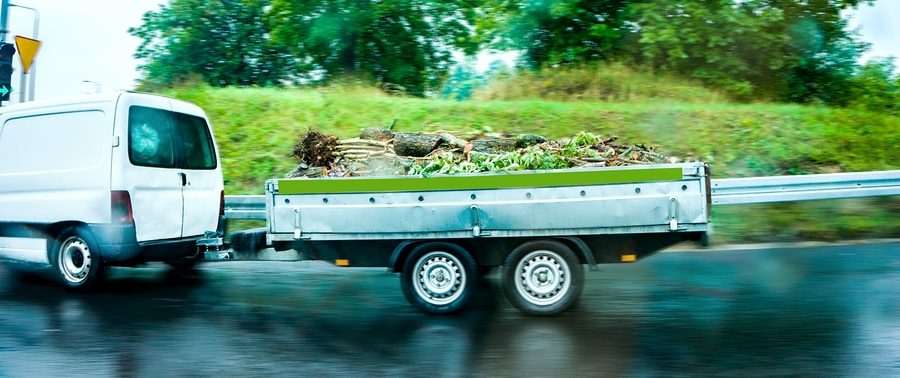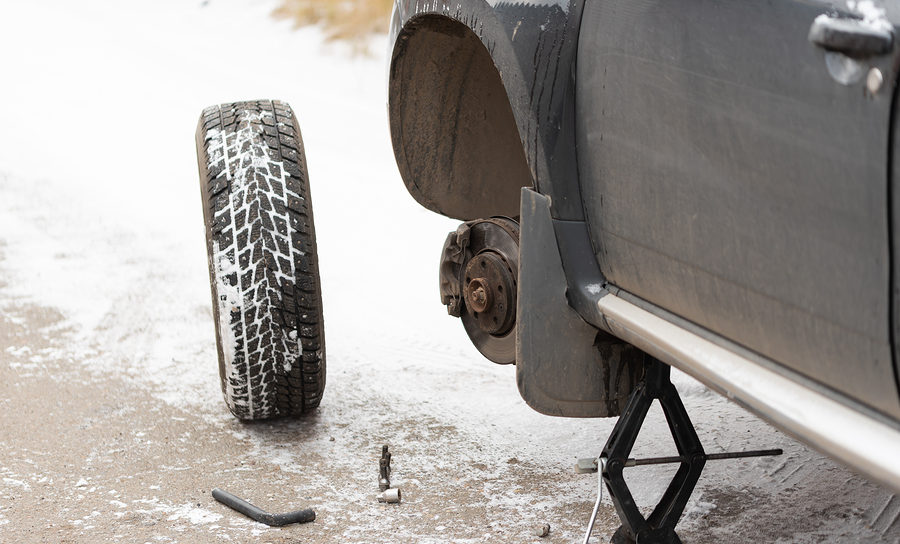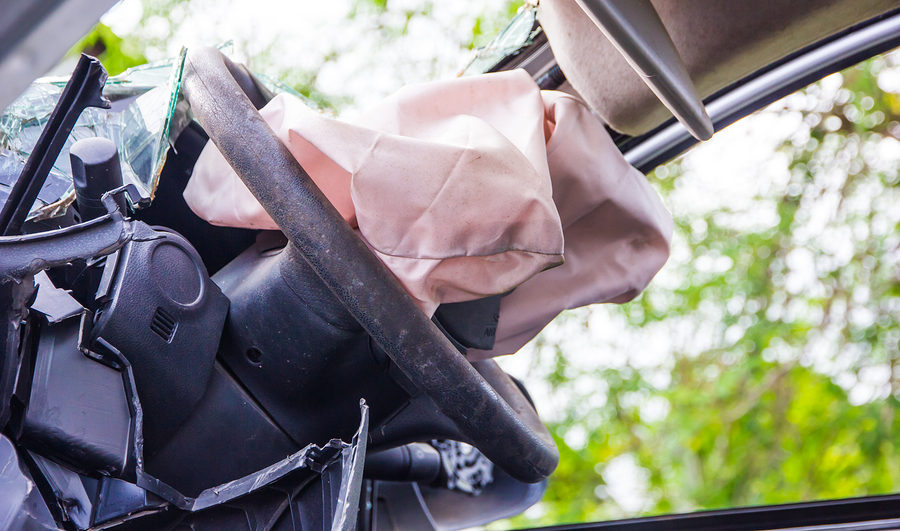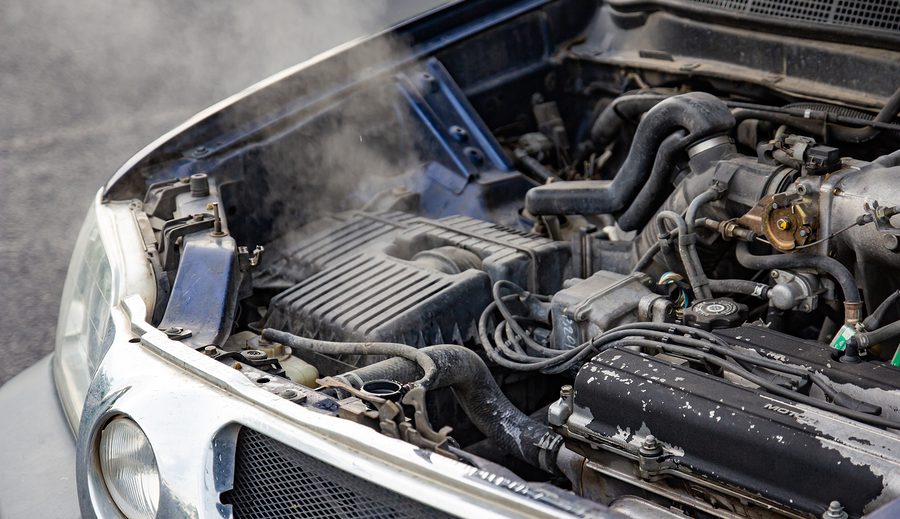Today’s technology is quite impressive, and for the automotive world, it delivers a wide range of benefits. But regardless of how innovative or advanced vehicle manufacturers design their products, even the highest-tech car on the road has a traditional car wheel set up. There are three primary parts of a car wheel for most vehicles.
Continue reading to learn what they are, and where you can get a quality set of replacement auto parts for wheels and more in Indianapolis.
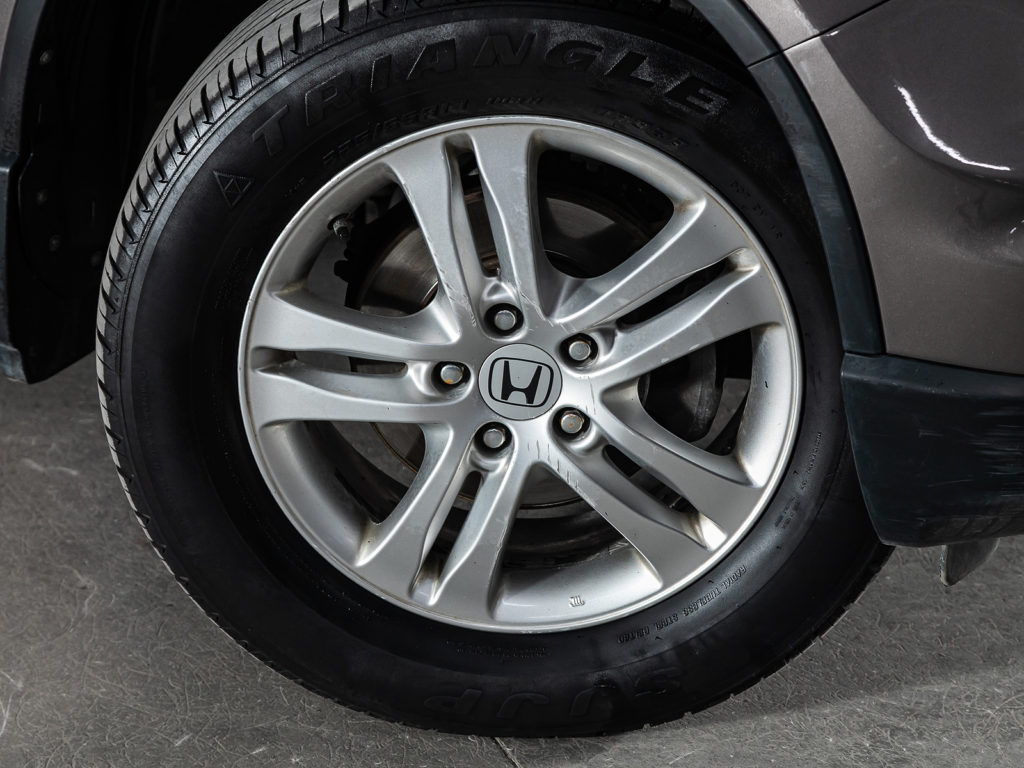
Basic Car Wheel Anatomy
Although arguably one of the most important features of a vehicle, the car wheels are a fairly simple setup. The central components of your average car wheel are the tires, the wheel hubs, and the rims. All three parts work together to initiate the same function simultaneously, all while delivering a smooth, streamlined transit along the road.
? Car Tires – Most people assume that car tires are the wheel, when in fact, they are the wheel’s outer covering. Composed of rubber and similar synthetics, tires are designed to provide a means of cushioning the weight of the vehicle while controlling traction with the surface of the road. Tires are not one-size-fits-all; they come in thousands of different brands, and many different shapes and sizes. As for maintenance, they must be filled with proper air pressure to remain in good working condition.
? Car Rims – Another common misconception about car wheels is that the rims are the actual wheels. The truth is that the rims are the bones of the car tires, which are fitted around the rim. Rims can come in different sizes, from 15 inch rims to 22 inch rims or more. They also come in a vast assortment of brands, designs, colors, and composition. They can even be customized. Most rims are made from aluminum due to the metal’s lightweight properties, however some also contain steel, or made from pure steel.
? Wheel Hubs – Wheel hubs are arguably one of the most important features of a car wheel since they do all the connecting. Hubs connect the wheel to the axle of the vehicle, and thus, the entire brake system. Basically, the middle hole of a wheel hub is the opening for axle, and the small holes surrounding the middle are for the lug nuts, which hold the wheel onto the vehicle.
Having Car Wheel Problems in Indianapolis?
Request 24 Hour Towing and Roadside Assistance
Call Zore’s Inc. at 317-247-8484 for 24 hour towing and recovering in Indianapolis, Indiana. We offer a wide range of services for Hoosiers, including new and used auto parts, roadside assistance, scrap metal recycling, cash for junk cars, towing and recovery, storm damage, traffic clearance, and much more. We are open and operational, 24 hours a day, 7 days a week, and 365 days a year. Request a free quote, anytime.


